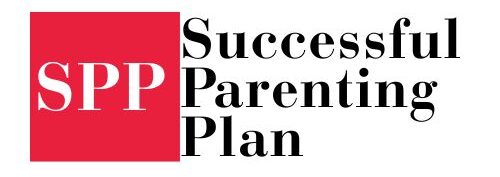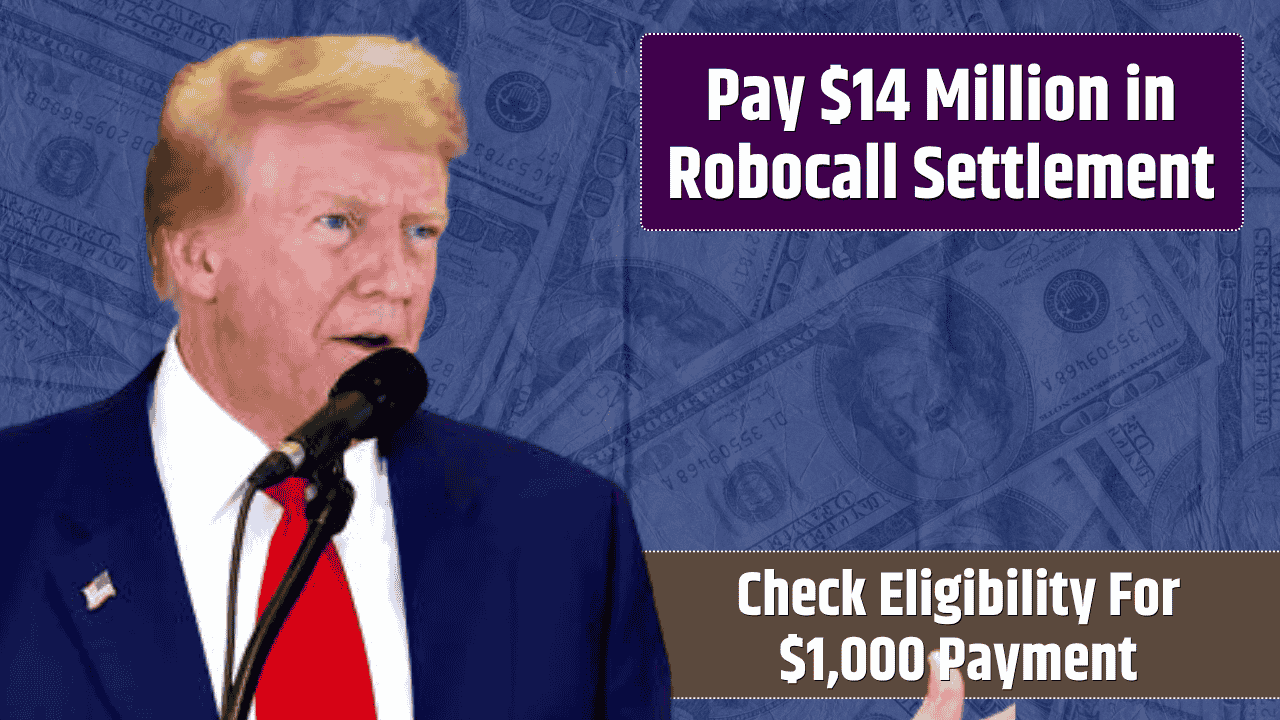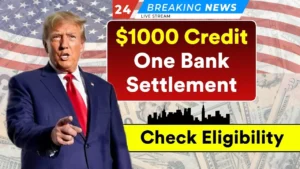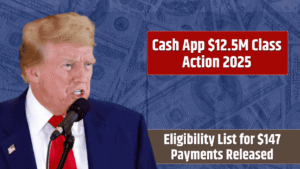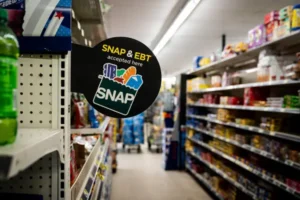Join on WhatsApp
Get the latest updates directly on WhatsApp – motivation, news & more!
If you’ve ever been spammed by that same Credit One Bank robocall—the one that just wouldn’t stop—your phone may have just earned you a piece of a $14 million class action settlement. After years of legal wrangling, Credit One has agreed to pay out millions to consumers who say they were bombarded with illegal automated calls between 2014 and 2019, in violation of the Telephone Consumer Protection Act (TCPA).
Here’s what’s actually happening, who’s eligible, and what you should do before the official claim site opens.
What’s Behind the Credit One Bank TCPA Settlement
The lawsuit accused Credit One Bank and its affiliates of placing thousands of unwanted robocalls to people who never gave consent—and in many cases, never even had accounts with the bank.
Under the TCPA, companies are prohibited from using automatic dialing systems or pre-recorded messages to contact individuals without prior express permission. The statute, enacted in 1991 and enforced by the Federal Communications Commission (FCC) and Consumer Financial Protection Bureau (CFPB), carries steep penalties—up to $500 per illegal call, or $1,500 for willful violations.
The case against Credit One alleged that:
- Debt collection robocalls were made to wrong or recycled numbers.
- Many calls continued even after recipients requested they stop.
- Some consumers received multiple calls per day, sometimes dozens per week.
While Credit One denies wrongdoing, the company agreed to the settlement to avoid further litigation and uncertainty.
You can review the TCPA’s official provisions at the FCC’s TCPA page or check enforcement cases on consumerfinance.gov.
What the $14 Million Settlement Covers
The $14 million fund will be divided into several categories:
- Cash payments to verified claimants.
- Administrative costs and legal fees.
- Outreach and verification efforts to identify valid claimants.
The payout per person will depend on the number of valid claims filed and the strength of documentation provided.
In similar TCPA cases—like the 2018 Dish Network and Capital One settlements—individual payouts ranged from $20 to $300. The Credit One fund is smaller but still large enough to provide meaningful compensation if participation rates remain moderate.
| Settlement Detail | Description |
|---|---|
| Total Settlement Fund | $14 million |
| Claim Type | Automated or pre-recorded calls without consent |
| Eligibility Period | 2014–2019 |
| Proof Needed | Phone records, screenshots, or call logs (recommended) |
| Expected Individual Payout | Estimated $25–$200 (based on prior cases) |
| Status | Pending final approval |
| Payout Timeline | Mid-to-late 2025 (estimated) |
Who Qualifies for Compensation
You may be eligible if you meet the following conditions:
- You received one or more automated or pre-recorded calls from Credit One Bank or its affiliates between 2014 and 2019.
- The calls were not made with your prior consent.
- The calls were to a personal phone line (mobile or landline), not a business number.
- You were not a Credit One Bank customer during that time—or if you were, the calls exceeded what your consent allowed.
The good news? You don’t have to be a Credit One customer to qualify. Many of the affected numbers reportedly belonged to people contacted in error through recycled databases or incorrect listings.
How to Prepare Before the Claim Site Launch
The settlement website hasn’t gone live yet, but you can start gathering evidence and information now.
Recommended documents to keep handy:
- Your phone number(s) that received Credit One calls.
- Any call logs, phone bills, or screenshots showing caller IDs or timestamps.
- Approximate dates and frequency of the calls (even estimates can help).
- Any records of requests to stop calls (if you made them).
Once the official site launches—likely administered by a neutral third-party firm such as JND Legal Administration or Kroll Settlement Administration—you’ll fill out a claim form online or by mail.
Be wary of imitation sites: the real URL will be listed on the federal court docket and often linked directly from consumerfinance.gov or topclassactions.com once it’s verified.
What Happens Next: Approval and Payout Timeline
Like all class actions, this one must pass several legal checkpoints before anyone gets paid:
- Preliminary approval by a federal judge (expected late 2024).
- Notification phase, where class members are contacted by mail, text, or email.
- Objection and opt-out period for anyone who disagrees with the settlement terms.
- Final approval hearing — expected in spring 2025.
- Disbursement of payments — typically 2–3 months after the final court sign-off.
If everything proceeds on schedule, qualified claimants could begin receiving payments by mid- to late 2025, either by check or direct deposit.
How to Protect Yourself from Future Robocalls
Even with this victory, robocalls aren’t going anywhere. The FCC receives hundreds of thousands of robocall complaints every year. Here’s how to reduce your risk:
- Register with the National Do Not Call Registry.
- Enable carrier call blocking: AT&T ActiveArmor, Verizon Call Filter, or T-Mobile Scam Shield.
- Use third-party apps like RoboKiller, Hiya, or Truecaller for added protection.
- Never provide personal or banking information over the phone unless you initiated the call.
- Report violations directly to the FCC or CFPB with phone numbers and timestamps.
Fact Check: Credit One Robocall Settlement
| Claim | Status | Details |
|---|---|---|
| Credit One Bank admitted to TCPA violations | False | The company denies wrongdoing but agreed to settle. |
| Settlement covers calls made 2014–2019 | True | Verified timeframe per case filings. |
| All claimants get $300 | False | Actual payout depends on number of claims filed. |
| Non-customers can qualify | True | Many targets were wrongly called. |
| Claim site live now | Not yet | Expected after preliminary court approval. |
Why This Case Matters
The Credit One TCPA case joins a growing list of consumer wins against illegal automated calling practices. It sends a clear message to lenders and telemarketers that “wrong number” is no defense under federal law.
For everyday consumers, it’s also a reminder that you don’t need deep pockets to fight back — class actions let ordinary people hold corporations accountable, one call at a time.
FAQs
How much will I get from the Credit One settlement?
Amounts will vary depending on how many people file valid claims — most likely between $25 and $200.
Do I need proof to file?
Documentation helps, but not always required. A verified phone number may be enough if it appears in Credit One’s records.
When will the claim website open?
After preliminary court approval, expected by early 2025.
When will payments go out?
Likely mid-to-late 2025, a few months after final approval.
Where can I check updates?
Visit the official court docket (PACER) or check consumerfinance.gov for official announcements.
